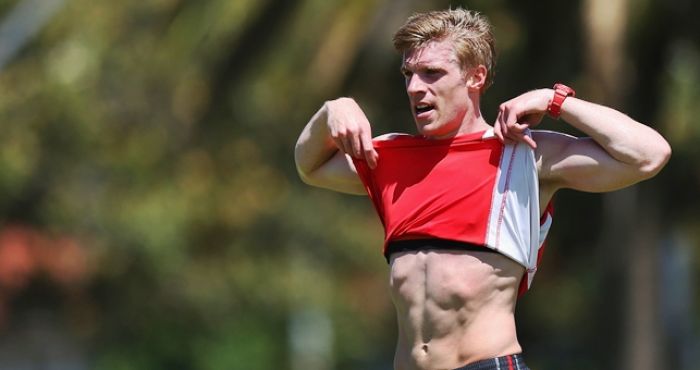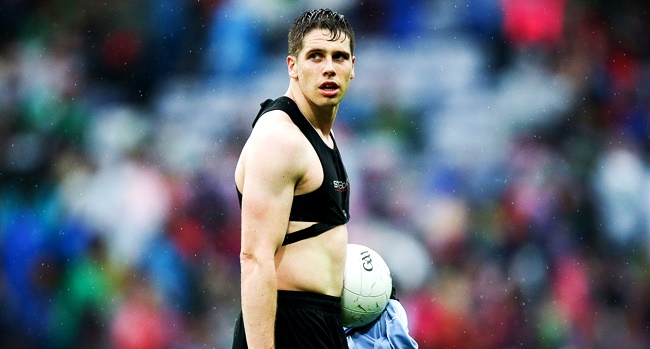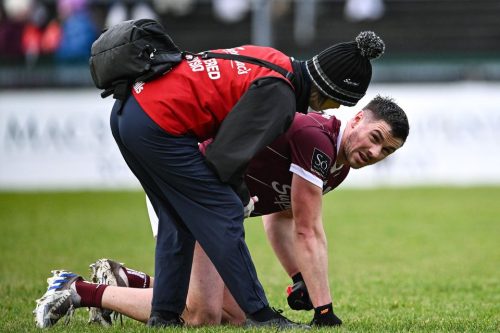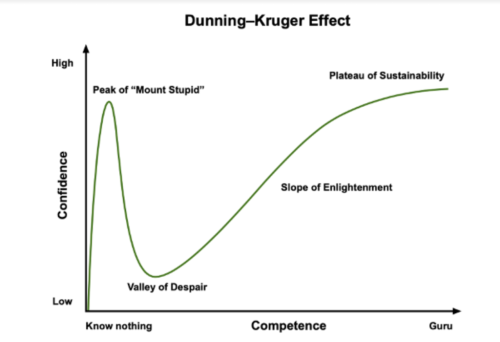
Kaizen in Everything. But Why?
“The only true test of intelligence is if you get what you want out of life.” – Naval Ravikant
Article written for Clubspot.app

Body Recomposition.
It’s something that’s on every athlete’s mind for much of the year.
Is my body-fat percentage too high? Do I need to build more muscle mass to take my game to the next level? If I was lighter could I cover more ground in the game and be more effective as a result?
It’s quite funny that athletes ask themselves these questions consistently over the course of the season, when they can have little impact on these factors. However, the second the season finishes, they often decide that they’re now going to forget about fueling for performance or looking after their body as an athlete should. They decide that it’s time to hit the pub more regularly and indulge a little more frequently in eating out, where they have little control over the ingredients that go into their food.
Now, that being said, I will never guilt any athlete for getting out and enjoying themselves amongst their friends, family and loved ones. The social aspect of life can not be neglected when attempting to achieve the “balance” that we all seek in relation to our athletic endeavours, career and personal life. However, I do see it as a bit of a mistake to go too far towards one end of the spectrum and forget about your identity as an athlete as well.
Typically, the athletes that come to me with questions and concerns about their body composition, are the very ones that are a little bit more impulsive in regards to their relationship with food and alcohol. They are also the ones that may be described as a little bit more inconsistent in relation to their habits around nutrition, recovery and performance. They go through periods of intense focus, diligence and sometimes restriction, only to succumb to their old habits once motivation and commitment to that process wavers.
That is why I always focus on habit formation with my athletes. The results of this strategy tend to be more longer-term and longer-lasting than periods of unsustainable dieting, exercising or social isolation. But the thing about habits is, that in order for it to be a habit, you have to do it consistently. Sure, there are times when you can maybe afford to take a break and enjoy yourself a little more, but if it is a “healthy habit” then your mind and body will likely want to get back to it as soon as you can, in order to feel at your best.
Saying that, when focusing on habits, I would say that those that are implemented long-term may be more focused towards maintenance of a physique or of physical attributes, rather than making wholesale body composition changes. So, when you feel as though you have to make big changes to your body composition, be it in relation to muscle mass or body-fat, then there may be room for more short-term behaviour change in order to achieve that outcome. After that has been achieved, then long-term habits must be implemented in order to retain that level of physical development.
The thing about short-term behaviour change is that it is probably a little bit more unsustainable for athletes, due to the nature of competition and performance. If we want to either reduce body fat or add muscle mass we will have to make marked changes to both our nutrition and our training. These changes, with the goal of achieving an improvement in performance in the long-term, may in fact have a negative impact on performance in the short-term.
If we are looking to reduce body-fat, then it is likely that we will be in a calorie deficit (burning more calories than we consume), this will obviously have an impact on our recovery, and as a result will not be a suitable strategy during the competitive season. During the season our performances in team-training sessions and matches are of higher importance and as a result are required to be at an optimal level. Therefore it may be unwise to sacrifice performance, energy-levels, mood & recovery at this stage of the season.
Likewise, if we are looking to increase muscle mass or lean-mass, then it is likely that we will be in a calorie surplus (consuming more calories than we burn), as well as performing S&C that has more of a hypertrophy focus, and as a result may lead to more fatigue. This will also be suboptimal during the season when results are of high-performance and team-training sessions are of a high volume, intensity & frequency.
So, if we are looking to make changes to our body composition, now is the time to do it. We have zero demands in relation to our competitive performance on game-days, we have more time to recover and training sessions and training loads can be completely individualised based on our own needs and levels of readiness.
As a result of reduced demands in relation to pitch sessions and matches, as well as reduced stress of competition, psychological stressors of team-selection, tactical information & commutes to and from training, recovery may even be enhanced during this period. Which makes it the best time to focus on athletic development, as long as you are mentally and physically ready to strive and push for improved performance.
However, I’ve spent so much time talking about why this is the best time for body recomposition now, that I’ve neglected to ask the most important question.
Will body recomposition have a profound, positive effect on your sporting performance?
The answer may not be as simple as you’d like it to be.
There are many, many variables that influence sports performance. Lower body fat percentages or body weight will not necessarily always influence performance positively. The same goes for increased muscle mass. In some cases it may be beneficial to alter body composition, but the focus of body recomposition depends entirely on the athlete in question. Before deciding upon a period of intense focus on achieving changes to your physique, there are a number of questions you should ask yourself.

What are the key attributes of high-performers in my sport, in my own position?
How far outside of those ranges am I at the moment?
What aspects of my performance or key qualities do I need to improve upon most?
Will improving in regards to these qualities markedly improve my performance on the field?
What aspects of my training need to improve to get there?
What is my own experience or training age in relation to these aspects of training?
What were the major factors that held me back from performing at my best this season?
Is altering my body composition likely to have a positive impact on all of the above?
Is it absolutely necessary for improvement, or is there more lower hanging fruit that I should be focused on?
Is this the right time for me to focus on body recomposition and am I ready to be consistent, committed and diligent in regards to my nutrition, hydration, training and recovery?
Are the changes that I am focused on achieving here going to be sustainable and am I ready and willing to commit to long-term behaviour change and habit formation?
If you can answer all of these truthfully and body recomposition is still something that you believe is going to improve your performance significantly, then I believe it would be a mistake to forget about it for the final couple of months of 2022. If you start to implement changes now, it will be a lot easier to maintain once you’ve entered season 2023. You’ll hit the ground running and get a head start on the opposition. That means during pre-season, when they’re still focused on altering their body composition, you’ll be fully focused on improving your performance.
Finally, if you’ve decided that it’s time that you made some changes, I would strongly recommend that you reach out to a professional for help. High quality performance & sports nutritionists are plentiful in Ireland at the moment, and it would be a mistake to go it alone with such amazing individuals, services and resources available to help you.
Although S&C coaches are qualified to provide nutritional advice, we are certainly not the best people for the job, and that is why I am entirely comfortable referring out to some of the many amazing sports & performance nutritionists within my network.
We at Petey Performance take a holistic approach to performance, which is why we have developed strong relationships and partnerships with others in the industry who can help to take our athletes to the next level.
If you’re interested in seeking help in relation to your nutrition, don’t hesitate to get in touch and I’d be happy to point you in the right direction.
Drop me an email over at peteyperformance@gmail.com or message me via any of my social media channels.

“The only true test of intelligence is if you get what you want out of life.” – Naval Ravikant

So, we can see that when it comes to our training, a certain volume of work when paired with adequate recovery is positive for our development, but if that same intensity of work is mismanaged and spiked, then the same exercise intensity can be toxic to the athlete.

Unfortunately, it takes a fall from the peak of mount stupid, on top of the Dunning-Kruger curve, for many of these lessons to land home.
Here to help you achieve your health and performance goals.
At Petey Performance, I’ll assist you every step of the way. What’s stopping you?
Take ownership today.
© 2021 All Rights Reserved
Subscribe to Petey Performance and get updates on new posts plus more exlusive content.